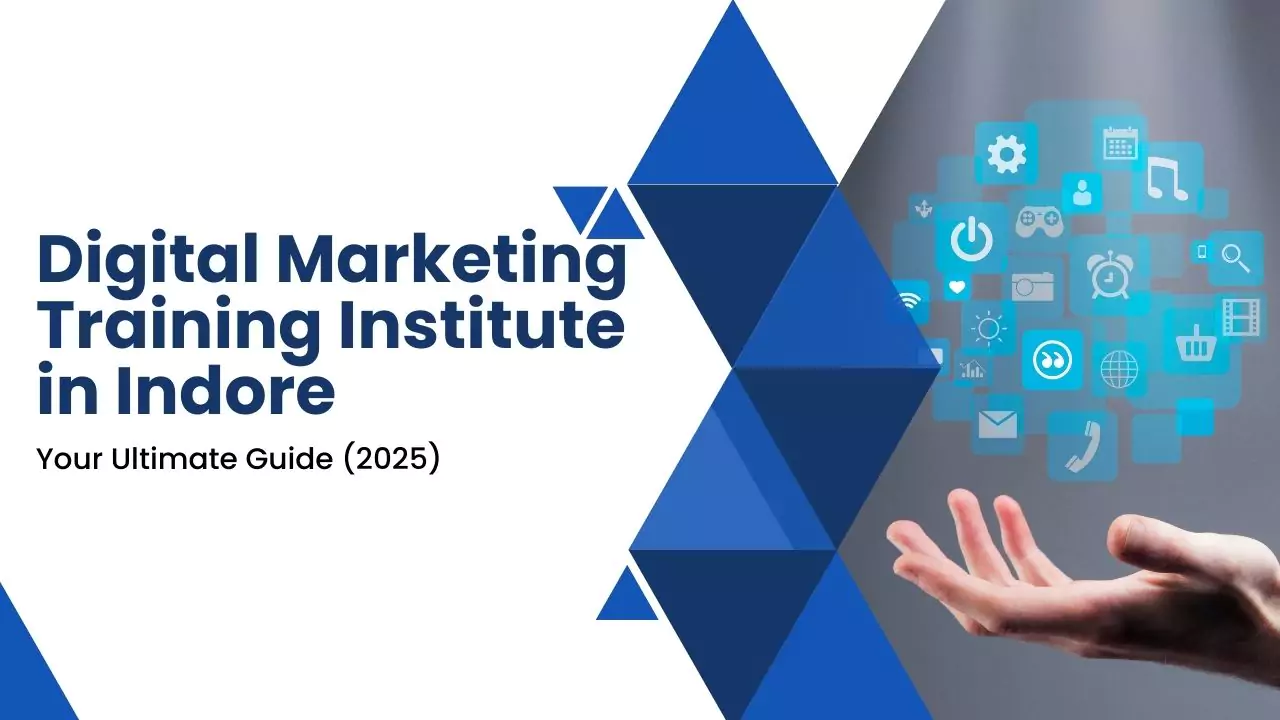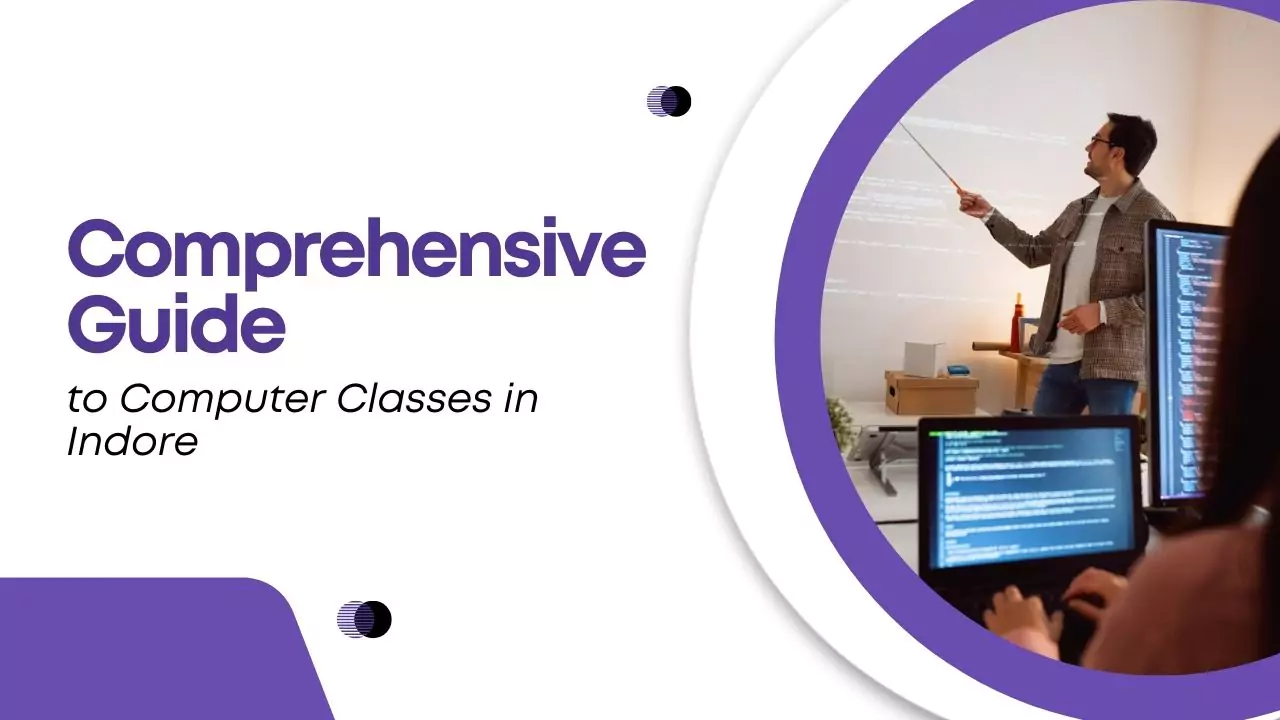In today’s fast-paced tech industry, being a Python Full Stack Developer is more than just coding—it’s about mastering both the front-end and back-end to create powerful, scalable, and user-friendly applications. If you’re aiming to be a top Python developer, mastering the right skills is critical. In this blog, we will explore everything you need to become a Python Full Stack Developer and the essential skills to get you there.
What is a Python Full Stack Developer?
A Python Full Stack Developer is responsible for the complete development process of web applications, from creating the user interface (front-end) to managing databases and server-side logic (back-end). This role requires expertise in both sides of development, making it a highly valuable skill in the job market.
Front-end development includes the use of languages like HTML, CSS, and JavaScript, while back-end development focuses on Python frameworks such as Django and Flask, along with database management.
Front-End Development Skills
For front-end development, Python full-stack developers need to master these technologies:
- HTML, CSS, and JavaScript: Essential for creating user interfaces and ensuring responsiveness across devices.
- Responsive Design: A website that functions seamlessly across devices is a must for user satisfaction. Studies show that 73% of users are more likely to leave a non-responsive website.

Back-End Development Skills
In terms of back-end development, Python developers should focus on:
- Django and Flask: These are the two most popular Python frameworks for handling server-side logic.
- Database Management: A strong understanding of SQL (PostgreSQL, MySQL) and NoSQL (MongoDB) databases is essential.
- API Development: Implementing RESTful APIs allows your application to communicate with other services and applications.
Essential Python Developer Skills
1. Master Python Programming
Having a strong foundation in Python programming is critical. This includes:
- Data types, loops, functions, variables.
- Debugging and solving errors effectively is crucial since it improves efficiency and reduces bugs during deployment.
2. Proficiency in Frameworks and Libraries
Master the essential Python frameworks:
- Django and Flask for back-end web development.
- NumPy, Pandas, and SQLAlchemy for handling data processing and database management.
3. Debugging and Problem Solving
Debugging is one of the most critical skills for any developer. Printing variable values or using a debugger can help solve errors faster. You’ll face challenges like handling off-by-one errors or issues with the range() function, so mastering debugging methods is essential.

Version Control (Git)
Version control is an indispensable tool for any developer. Git allows you to track changes, collaborate with others, and manage different versions of your code. Learning GitHub and Bitbucket can significantly streamline your workflow, making team collaboration easier.
Continuous Integration and Deployment (CI/CD)
As a full-stack developer, understanding CI/CD tools like Jenkins or Docker is vital. These tools automate the deployment process, ensuring that every change in code is tested and deployed without causing issues in production.
Soft Skills for Python Full Stack Developers
A full-stack developer’s role isn’t just about technical expertise. Communication, collaboration, and the ability to work autonomously are equally important. Strong problem-solving skills are necessary to develop innovative solutions and maintain project quality.
Tools and Technologies for Python Full Stack Developers
1. Integrated Development Environments (IDEs)
Using an efficient IDE like PyCharm or VS Code can enhance your coding process, helping with error detection and code management.
2. Version Control Systems
Tools like Git are critical for maintaining the integrity of your codebase. They also make collaboration easier.
3. CI/CD Tools
Learn tools such as Jenkins and Docker for seamless integration and continuous deployment. These tools ensure that your code is always ready to go live.
FAQs
What makes Python a great choice for full-stack development?
Python’s simplicity and versatility make it ideal for full-stack development. It offers powerful frameworks like Django and Flask, making both front-end and back-end development easier. Additionally, Python has extensive libraries that speed up the development process.
What’s the difference between Django and Flask?
Django is a high-level framework that includes built-in features like an ORM (Object Relational Mapper), admin panel, and authentication. Flask is lightweight and more flexible, offering you control over various components such as authentication, making it ideal for smaller projects.
How important is version control for full-stack development?
Version control is crucial for tracking changes in your code, especially when working in a team. Git enables developers to track changes, revert back to previous versions, and collaborate more effectively.
Conclusion
Becoming a Python Full Stack Developer is a rewarding career path. It requires a combination of skills, from mastering Python programming and frameworks like Django and Flask to understanding front-end and back-end development. Additionally, soft skills like communication and problem-solving are essential to thrive in this role.
If you’re ready to embark on this journey, start by learning the Python fundamentals and building small projects to apply what you’ve learned. With the right skills and continuous practice, you’ll be on your way to becoming a top Python Full Stack Developer.
For more resources and courses to help you become a Python Full Stack Developer, check out our Full Stack Development Course.






